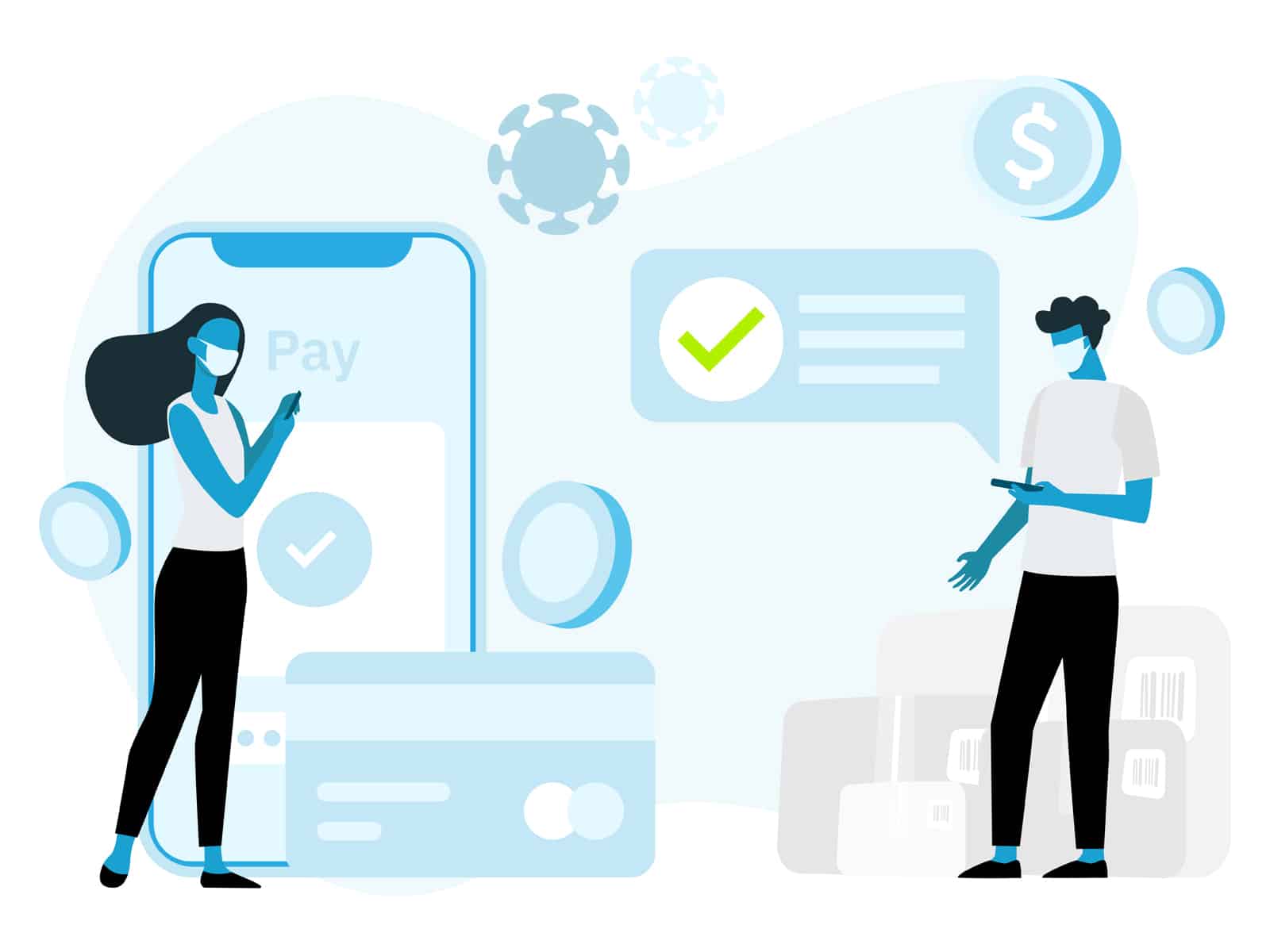- Home
Blog Blog
Insights & Trends Insights & Trends
COVID-19 and the Accelerating Trend Towards Digital Payments
COVID-19 and the Accelerating Trend Towards Digital Payments

The emphasis on digital payments, cashless enterprises and economies, and internet banking has been growing over the past few years. Governments and central banks across the world have also been promoting digital payments to curb black money and to increase accountability. The onset of the COVID-19 pandemic has not only acted as a catalyst towards this transition from a cash-based economy to a cashless economy, but it has also impelled the masses to adopt technological advancements such as e-wallets and digital payment systems.
In one of its recent reports, consulting firm PwC said, “The finance minister (of India) and the CEO of the National Payments Corporation of India have also urged people to increase the use of digital payments to make payments contactless”. Not only individuals, Micro, Small, and Medium Enterprises (MSMEs) have started to go completely digital and cashless, as a result of the pandemic.
The onset of the COVID-19 pandemic has indeed adversely affected global trade. Cross-border trade has been severely impacted, primarily due to the lockdown imposed in most countries. Small-scale businesses dealing in imports and exports were the worst affected. The deceleration of the spread of the pandemic and the opening up of economies have brought in renewed hope but there has indeed been a great deal of change in international trade regulations. Most of these are self-imposed by small businesses dealing overseas. One of the most important among these changes is a growing emphasis on digital payments and the use of online escrow accounts and B2B trade portals.
Digital payments for businesses
Cross-border trade deals and businesses have now started to use online third-party escrow accounts such as Omoney to conduct fast, secure, and reliable financial transactions. The buyer and the seller negotiate the terms of the trade or the transaction and ink the deal. The buyer then transfers the entire transaction amount into a reliable escrow account set up by Omoney. This establishes the buyer’s intent of purchase and ability to pay. The vendor then completes the terms of the sale agreement and when proof of shipping is furnished, Omoney releases the deal amount into the vendor’s account. During the negotiation phase, the buyer and the vendor may agree to share the escrow charges or one of the two parties may agree to bear the charges completely.
How safe are online escrow platforms?
Verified online escrow platforms such as Omoney are one of the safest and most secure ways of conducting large online transactions. Money transferred to the Omoney escrow account is securely handled by Rapyd, an institution licensed and regulated by the Monetary Authority of Singapore (MAS). As per MAS requirements, all customer funds are safeguarded and held with an authorized bank in Singapore. Vendor payment is only made after complete verification of shipping.
Omoney also offers several additional services that help ensure security and reliability for both parties. Research and verification of sellers and buyers are provided by Omoney and also help with dispute resolution arising from shipping delays, making it the preferred mode of conducting cross-border online transactions.
The COVID-19 pandemic has served to hasten the proliferation and use of digital payment methods across the world. A recent report from Tata Consultancy Services reads as follows, “Despite the scale of the emergency, payment market infrastructures, schemes, remittance operators, and payment processing systems of banks alike have demonstrated resilience ensuring continuous availability and stability of payment services”. It is this resilience that must be harnessed by businesses across the world to re-establish, grow, and prosper in a post-COVID 19 scenario.
Category

Insights & Trends
COVID-19 and the Accelerating Trend Towards Digital Payments
Related Articles

The Online B2B Payment Landscape in India for 2022

Online B2B Payment Trends in Singapore 2022






